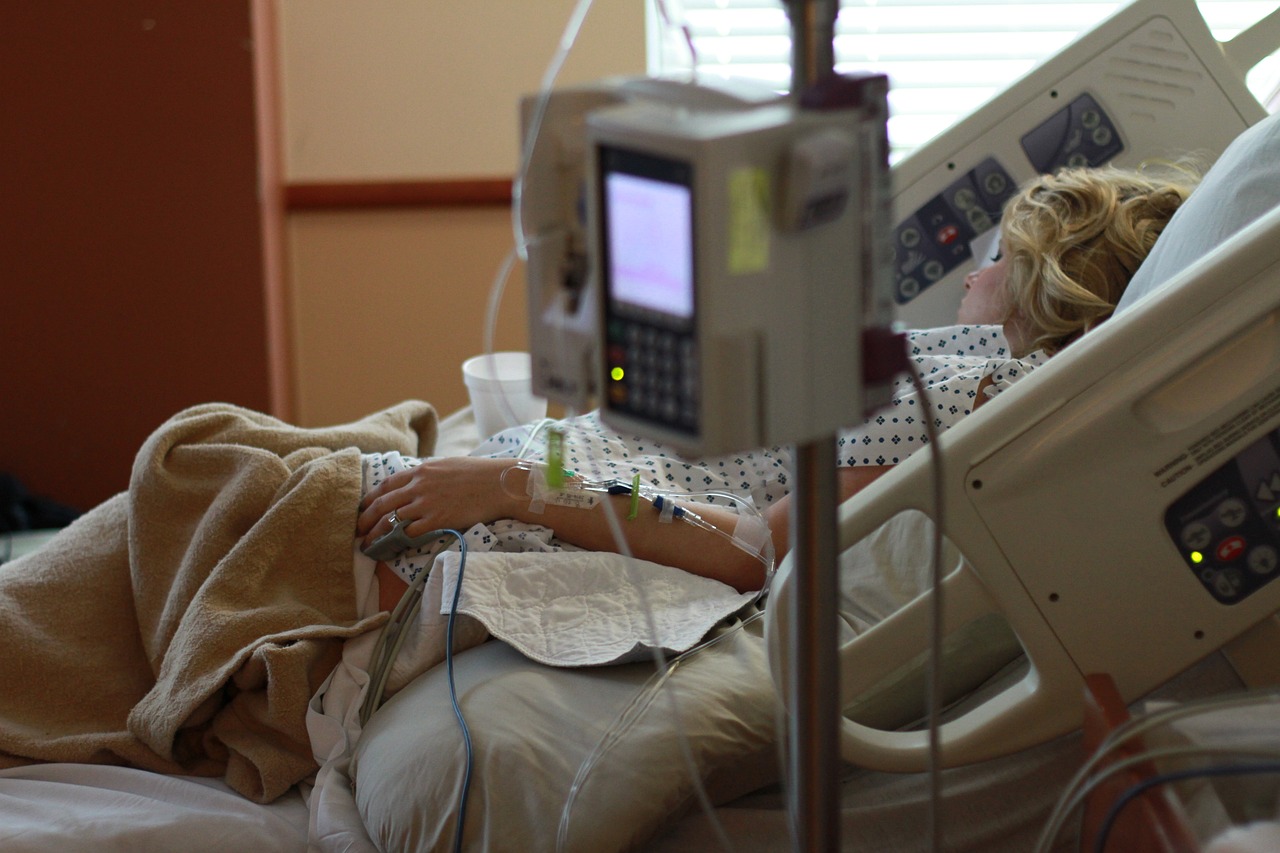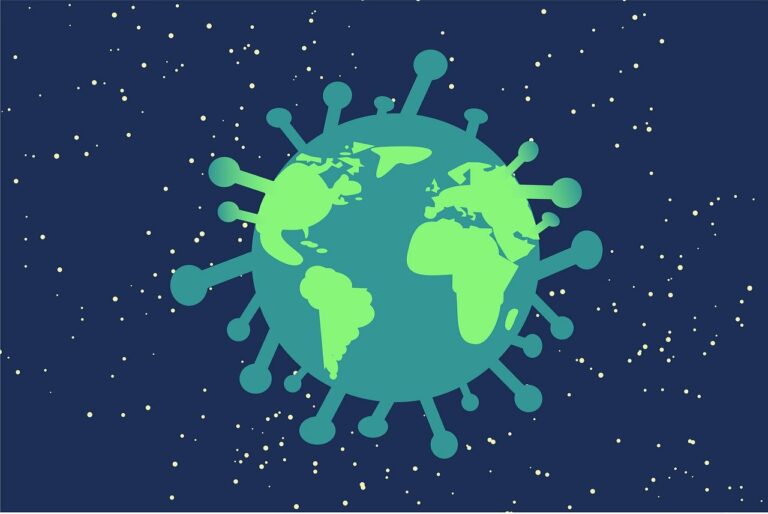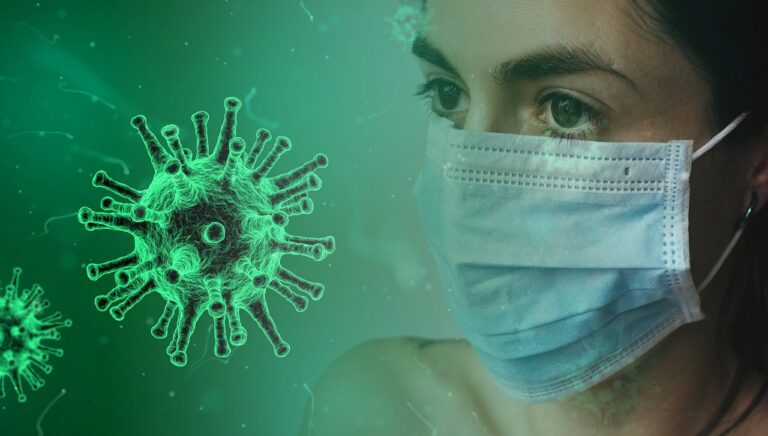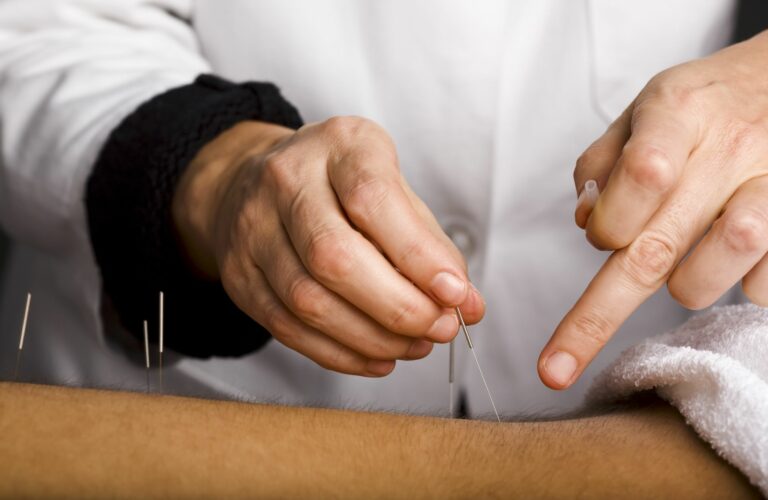Analyzing the benefits and limitations of mobile applications for health management.
99 Exchange Bet, Mazaplay: Health information apps have become increasingly popular tools for individuals seeking medical advice, symptom management, and wellness tips. However, the reliability and accuracy of the information provided by these apps vary widely. Users should exercise caution and critically evaluate the sources of information within these applications to ensure the credibility of the advice they receive.
One of the key concerns regarding the reliability of health information from apps is the lack of regulation and oversight in the digital health space. Unlike medical professionals and traditional healthcare providers, health apps are not always held to the same standards of accuracy and evidence-based practice. This can result in misleading or incorrect information being disseminated to users, potentially leading to adverse health outcomes.
Privacy and security concerns regarding personal health data
In the digital age, as more individuals turn to health apps to monitor their well-being, the issue of privacy and security surrounding personal health data becomes increasingly relevant. The vast amount of sensitive information collected by these apps, ranging from medical history to daily habits, raises valid concerns about who has access to this data and how it is being used. Users often provide such details without fully understanding the potential risks involved in sharing such intimate information with app developers and third-party entities.
Furthermore, the lack of stringent regulations governing the handling of personal health data by these apps adds another layer of uncertainty. There is a pressing need for greater transparency from developers in terms of how they safeguard this information and whether it is being sold or shared with other parties without user consent. As technology continues to advance and more health-related apps flood the market, it is crucial for users to exercise caution and be aware of the potential privacy and security implications associated with sharing their personal health data.
Limited access for individuals without smartphones or internet connection
Accessing health information through apps has become increasingly common in the digital age. However, for individuals without smartphones or internet connection, this vital resource may be out of reach. The reliance on technology for health-related services could potentially create barriers for those who do not have the necessary devices or connectivity to access such information.
Without access to smartphones or the internet, individuals may face challenges in obtaining important health information, monitoring their well-being, or seeking immediate medical assistance. This digital divide highlights the need for alternative methods to ensure that everyone has equitable access to essential healthcare resources, regardless of their technological capabilities.
Accessing health information through apps has become increasingly common in the digital age. However, for individuals without smartphones or internet connection, this vital resource may be out of reach. The reliance on technology for health-related services could potentially create barriers for those who do not have the necessary devices or connectivity to access such information.
• Without access to smartphones or the internet, individuals may face challenges in obtaining important health information
• Monitoring their well-being can also be difficult without access to technology
• Seeking immediate medical assistance may be hindered by lack of connectivity
This digital divide highlights the need for alternative methods to ensure that everyone has equitable access to essential healthcare resources, regardless of their technological capabilities.
How can individuals without smartphones or internet access access health information provided by apps?
Unfortunately, individuals without smartphones or internet access may have limited options for accessing health information provided by apps. They may need to rely on traditional sources of information such as healthcare providers, printed materials, or community resources.
Are there any alternative ways for individuals without smartphones or internet access to receive health information?
Some organizations may offer phone hotlines or in-person consultations for individuals without smartphones or internet access to receive health information. It is important to inquire about these options in your local community.
What are the potential consequences of limited access to health information for individuals without smartphones or internet access?
Limited access to health information for individuals without smartphones or internet access may lead to disparities in healthcare outcomes and access to timely and accurate information. It is important for healthcare providers and policymakers to address these challenges to ensure equitable access to healthcare information for all individuals.







